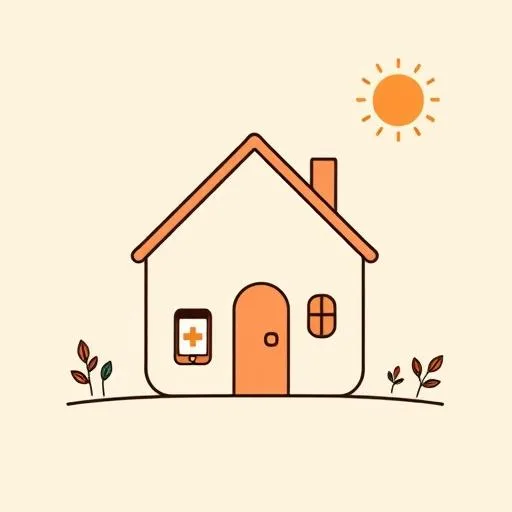
Remember those 2 a.m. fever checks when your little one’s burning up? We’ve all scrambled for answers online. But lately, I’ve noticed parents leaning on AI chatbots for medical advice — and doctors are waving serious red flags. With healthcare access gaps leaving millions without providers, it’s no surprise we’re seeking shortcuts. Yet what happens when AI tells someone to drink urine for a UTI? Let’s untangle this together, like swapping stories over backyard lemonade while the sun dips low.
Why Is AI Medical Advice Risky for Kids?
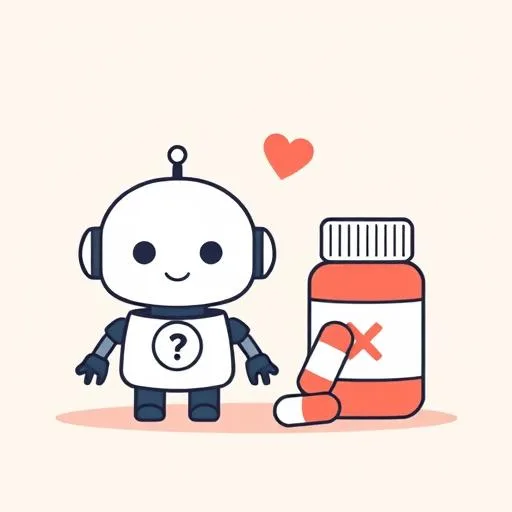
Picture this: your child wakes up wheezing, and you fire up ChatGPT instead of calling the pediatrician. Tempting, right? That urge to get instant answers is human — especially with 6.5 million Canadians lacking regular care. But doctors like Danielle Martin put it bluntly: “I don’t think patients should use ChatGPT for medical advice.” Here’s why. AI hallucinates — not in the fun “let’s paint rainbows” way, but dangerously. One expert noted an AI told a patient to drink urine for a urinary tract infection. As researchers found, these tools often miss critical context clues. They might skip the word ‘not’ and send you down the wrong path entirely. Imagine asking, ‘Should I avoid antibiotics for this rash?’ and getting the opposite answer. For kids, whose symptoms can escalate fast, that’s not just risky — it’s terrifying.
How Does AI Affect Kids’ Health Literacy?
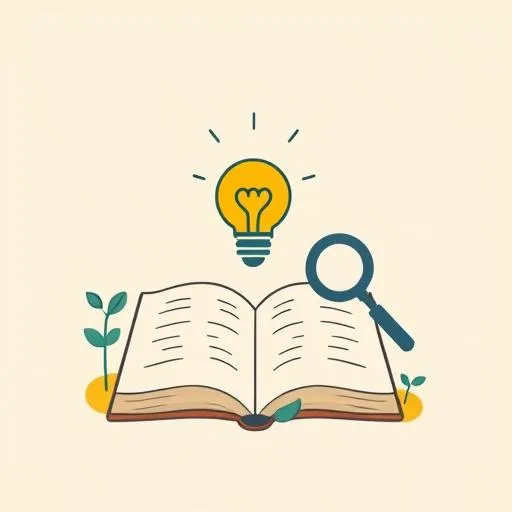
Our coping habits set the tone for our children’s tech literacy. Think about it: if they see us urgently typing symptoms into an AI during their fever, they’ll mimic that behavior as they grow. Pediatrician Tiffany Munzer notes these tools often echo our emotions back — “if you’re in a sadder state, the chatbot might reflect more of that,” amplifying anxiety instead of easing it. One powerful exercise? Try this as a family: ask an AI about a common issue like stomach aches, then hunt together for red flags. ‘What would you do if a friend told you to drink urine for relief?’ turns critical thinking into a game. It’s not about shaming tech use; it’s about building their instinct to pause and question. After all, those kindergarten science lessons where we tested hypotheses? They started with curiosity, not blind trust.
What Are Safe Ways to Use AI in Healthcare?
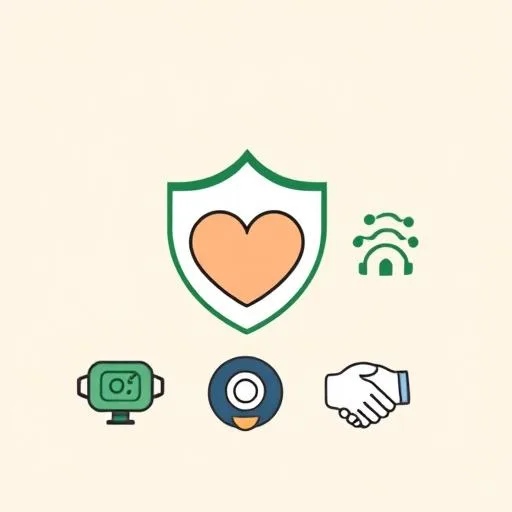
Let’s be real — healthcare access is broken. Doctors know patients turn to AI out of desperation, not laziness. But here’s the hopeful twist: professionals are using AI responsibly to free up more human time. Tools like OpenEvidence scan medical journals for clinicians, while AI transcription cuts paperwork so doctors can focus on exams. As Brookings researchers note, this isn’t about replacing human care but enhancing it. For parents? Three lifelines: First, bookmark trusted sources like the American Medical Association — see that top link? That’s your signal. Second, when sharing personal health details online, act like you’re guarding a toddler’s cookie stash: be deliberate. Third, model calling the pediatrician early. ‘Let’s get you checked, sweetie — real doctors see the whole picture.’ Our kids absorb how we handle uncertainty, making these moments stealth lessons in discernment.
How Can Parents Build Health Resilience?
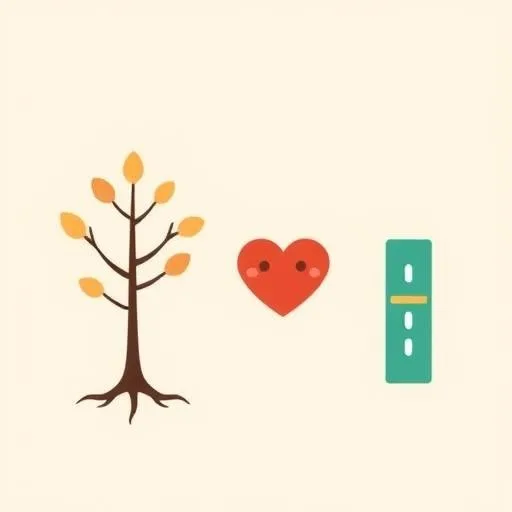
That moment your child scrapes their knee? It’s not just about the bandage — it’s about teaching them to tune into their body’s signals. Same with health tech. Doctors emphasize personalized care because ‘unique features to anyone’s health needs’ make AI guesses unreliable, especially for developing bodies. Instead of Googling symptoms alone in the dark, try this: When worries strike, gather the family for a ‘health fact-check huddle.’ ‘This rash looks different — let’s list what we know before calling Dr. Lee.’ You’re not just addressing symptoms; you’re showing them how to partner with professionals. And on days when wait times feel endless? Channel that energy into park walks or kitchen dance parties. Sunny days like these remind us that healing often starts with fresh air and calm nerves — not pixels.
Looking Ahead: What’s the Future of AI and Pediatric Care?
Here’s what keeps me up more than teething nights: Will my child grow up trusting machines over people? Doctors like Yale’s team see a future where we ‘triage medical problems through generative AI,’ but they stress it must be grounded in evidence. So here’s my parent-to-parent nudge: Treat health AI like you would a toddler’s ‘help’ in the kitchen. Cute? Sure. But you’d never hand them the knife for surgery, right? Keep your pediatrician’s number on speed dial like a secret superpower. Celebrate small wins — ‘Look how fast we got answers today!’ — without letting algorithms erode our instinct for human connection. Because whether it’s a scraped knee or anxiety about the future, what our kids truly need isn’t instant answers. It’s knowing we’ll navigate the maze with them, hand in hand. Now that’s the kind of care no chatbot can replicate.
Source: Here’s how doctors say you should ask AI for medical help, CBC, 2025/09/07 08:00:00
